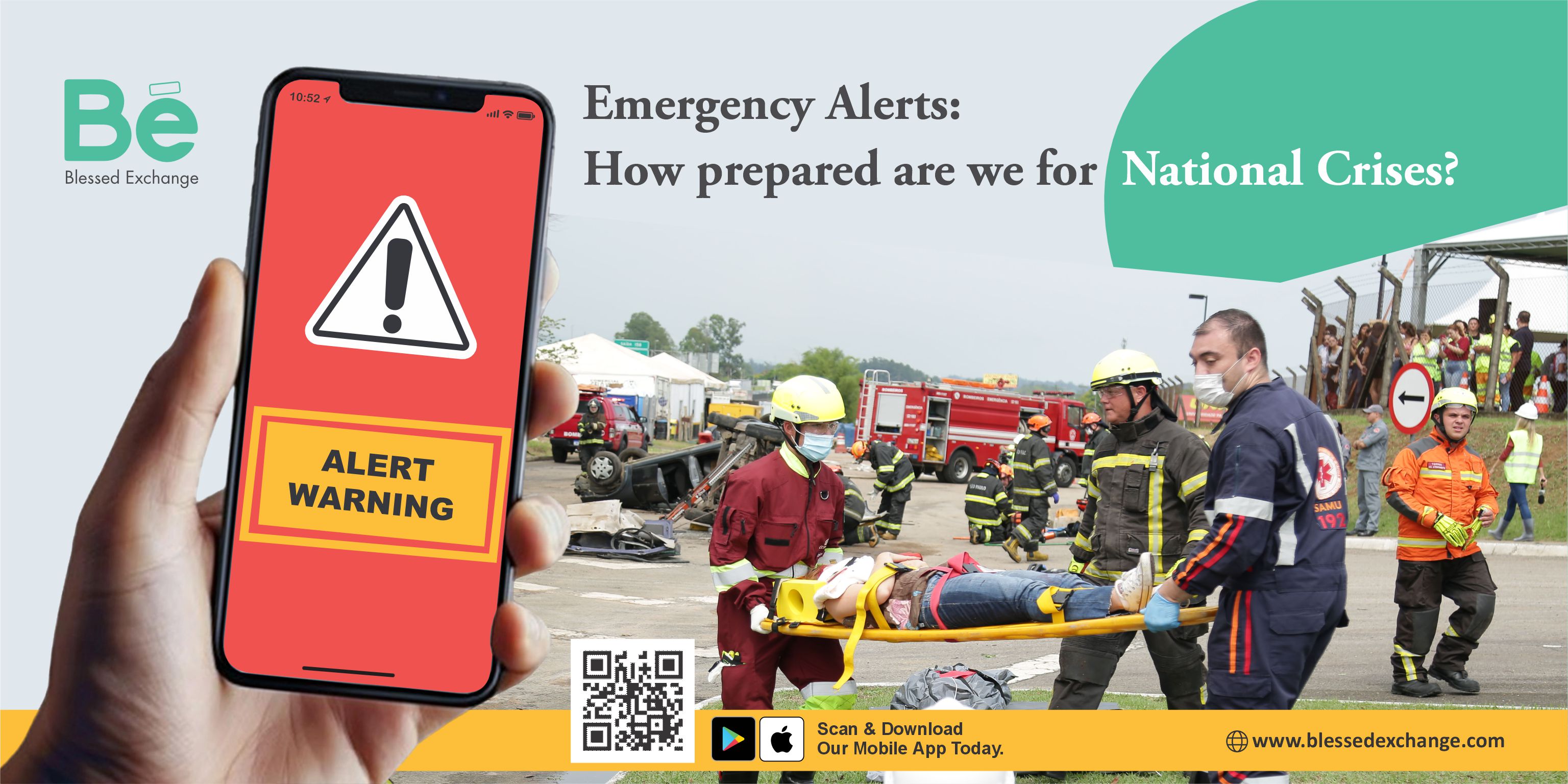A UK-wide test of the Emergency Alerts system is scheduled for Sunday 7 September 2025 at around 3pm — your phone may sound a loud siren and vibrate for up to 10 seconds, followed by a message explaining it is a drill. The national test helps check the system so it works fast when lives are at risk.
How the emergency alert system works (plain and simple)
Emergency Alerts use a technology called cell broadcast: mobile masts in an affected area send a single short message that reaches compatible 4G and 5G phones nearby. You do not need to have mobile data or an app installed to receive a message — and the service is free. The system is intended for truly life-threatening events and can target small geographical areas so only people at risk are warned.
Why it matters
The system has been used in real emergencies — for example to warn people during severe storms and when an unexploded World War II bomb was found in Plymouth — demonstrating how mobile alerts can reach people quickly and save lives. Regular emergency drills help test coverage, delivery times and public understanding.
Are we ready? Common practical limits
- Not every phone will get alerts: some older models or devices without recent software updates may not receive cell broadcast messages. Check your device’s compatibility and update its operating system when possible.
- You can opt out: both iPhone and Android let you switch off ‘Severe’ or ‘Extreme’ alerts in settings, though experts advise keeping them enabled for safety.
Step-by-step guide: what to do before, during and after an alert
- Before the test:check compatibility: go to your phone settings and look for Emergency Alerts (or Severe/Extreme Alerts). Update your OS if updates are available.
- Make a family plan: agree on a meeting point, an out-of-area contact and a simple checklist (medications, important documents, charger).
- During an alert: read the message quickly and follow official instructions (evacuate, shelter, avoid an area). If you’re driving, do not handle your phone — stop safely first.
- Keep emergency info handy: local radio stations, council webpages and the gov.uk alerts page list fuller guidance. Save key contacts and local shelter locations in your phone.
- After the alert: check official channels for updates before returning to normal activity and share accurate information with family and neighbours.
How Blessed Exchange can help in a crisis
During serious incidents families sometimes need to send money quickly — for travel, temporary accommodation or essential supplies. Blessed Exchange provides fast, secure transfers with competitive rates, helping you get funds to loved ones in the UK or abroad when time matters. Always check recipient details and your institution’s guidance before sending payments.
Final note
Emergency drills and mobile alerts are a core part of crisis preparedness and citizen safety in the UK. Take two simple actions today: check your phone settings and agree a basic family emergency plan. For official, up-to-date details about the national test and how alerts work, see the government Emergency Alerts pages.
 +44 02077326383
+44 02077326383
 info@blessedexchange.com
info@blessedexchange.com

